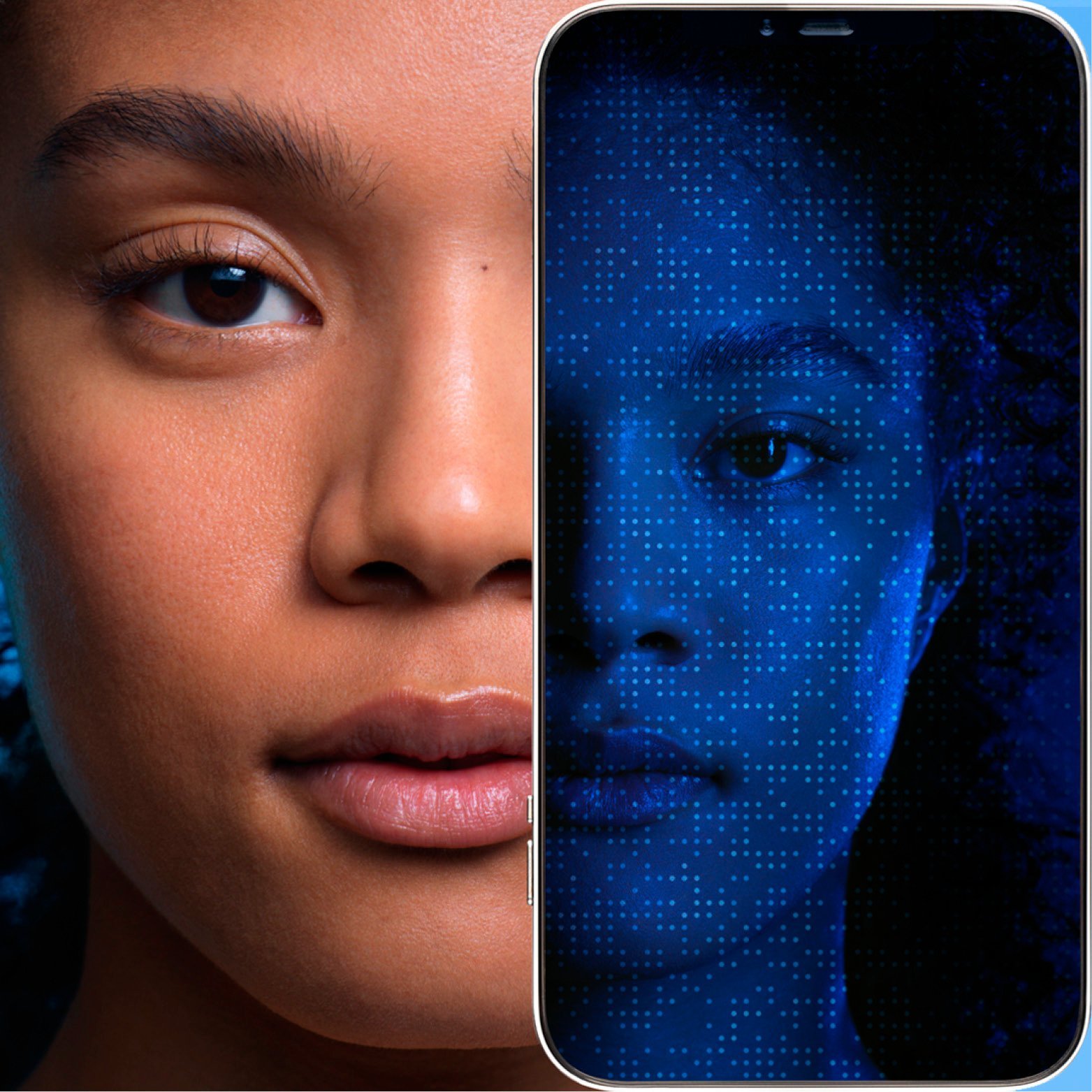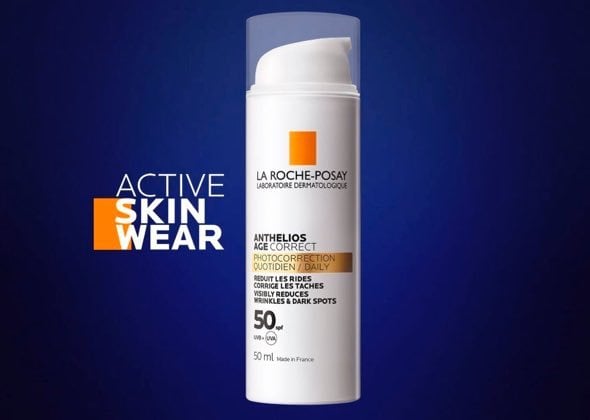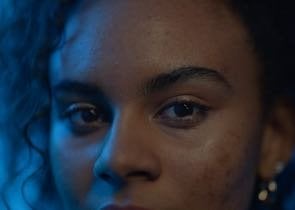WHY ARE SCARS
VULNERABLE TO SUN?
And do I need to take precautions?
Fresh scars (still pink and healing) are highly vulnerable to ultraviolet (UV) light, and can easily burn. This is because the tissue is still actively repairing itself and healing. At this stage, multiple inflammatory mediators (chemical messengers) are released in the skin, which can stimulate the activity of pigment-producing cells called melanocytes. If you had sun or UV exposure into the mix, you may end up with post-inflammatory hyperpigmentation (PIH).
WHAT IS POST-INFLAMMATORY
HYPERPIGMENTATION?
Inflammation or trauma may trigger increased production of pigment in the skin.
- Some causes of skin inflammation: Acne, eczema, or allergic reactions.
- Some causes of skin trauma: Surgery, or procedures such as laser, chemical peel, or microdermabrasion.
This discoloration can last months or even years, so protection is important from the word go.
It's important to note that people with darker skins are more prone to discolouration caused by post-inflammatory hyperpigmentation.
HOW CAN I PROTECT
MY SCAR?
During your scar’s first year or so, special care is definitely required. Before you head out of the house, make sure you protect your scar with a broad-spectrum, high sun protection product (SPF50+ is ideal). Trying to tan skin to hide your scar is never a good idea, and will most likely lead to a more marked appearance.
Some creams are extra-convenient because they combine active pro-recovery ingredients with very high sun protection factors. Ask your pharmacist about soothing creams with SPF to boost your scar’s recovery and protect it from the sun.
Remember, all forms of skin injury can develop excessive pigmentation when exposed to the sun. No matter what the injury, your buzzword is protection.
It goes without saying that sun exposure without adequate protection carries the risk of skin cancer.
La Roche-Posay, the dermatologists' partner brand, has created the ANTHELIOS range, specially formulated for sensitive skin. ANTHELIOS offers SPF 50+ broad-spectrum UVA/UVB protection and comes in three different textures adapted to your skin type:
ANTHELIOS Ultra Comfort Cream SPF 50+ for dry skin.
ANTHELIOS XL Ultra Light Fluid SPF 50+ for normal and combination skin.
ANTHELIOS XL Anti Shine SPF 50+ [ANTHELIOS XL ANTI SHINE SPF 50+] for oily or blemish-prone skin.
WHAT HAPPENS IF MY SCAR
IS BROWN OR BLACK?
If your scar has turned brown or black, sometimes with a dark 'halo' around it, you probably have a hyperpigmented scar. This is usually caused by sun exposure while the scar was still fresh and healing. Since this dark appearance can last years, some people turn to a dermatologist for in-office procedures (laser, depigmenting agents, or surgical revision). All such treatments will take time to work – and they don’t come cheap – so the old adage “prevention is better than cure” is doubly relevant.
Click HERE to find out more about the different types of scar.
Learn how to check your scar is healing well HERE.








